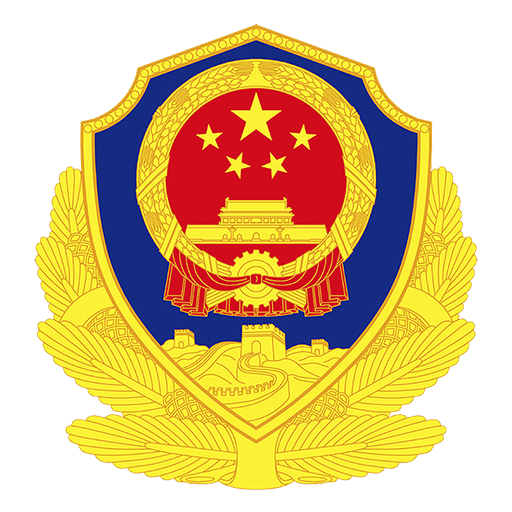SHANGHAI, NEW JERSEY - July 15th, 2024 - Oricell Therapeutics, today announced that the U.S. Food & Drug Administration (FDA) has granted Fast Track Designation (FTD) for OriCAR-017, a chimeric antigen receptor (CAR) T cell therapy targeting GPRC5D, for the treatment of patients with relapsed/refractory multiple myeloma (RRMM). This designation is expected to accelerate the progress of clinical trials and the New Drug Application (NDA/BLA) review process. Prior to this, the FDA has granted Orphan Drug Designation (ODD) and has cleared an Investigational New Drug Application (IND) for OriCAR-017.
About OriCAR-017
OriCAR-017, a GPRC5D targeted CAR-T cell therapy, is a groundbreaking innovation in the treatment of relapsed/refractory multiple myeloma (RRMM). Leveraging Oricell Therapeutics' cutting-edge proprietary technology platforms, OriCAR-017 exhibits clearly differentiated binding avidity, persistence, anti-tumor efficacy, and safety profile. OriCAR-017 received IND clearance from both National Medical Products Administration of China (NMPA) and the U.S. FDA. Currently IND Phase I trials are smoothly underway in China (NCT06182696) and the US (NCT06271252).
The updated data from its IIT study presented at 2024 American Society of Clinical Oncology (ASCO) demonstrates that OriCAR-017 elicits deep and durable responses in patients with RRMM as well as a favorable safety profile, including those refractory to anti-CD38 therapies, Protease inhibitors (PIs), Immune modulators (IMIDs), and those who have failed BCMA targeting CAR-T treatment.
As of January 16, 2024, all ten patients had responded well to OriCAR-017, with the last patient having completed a 24-months follow-up. The overall response rate (ORR) was 100.0%, with a stringent complete response rate (sCR) of 80.0% and a very good partial response rate (VGPR) of 20.0%. All patients achieved 100% minimal residual disease negativity (MRD) at day 28, which was further confirmed as 100% negative at the 3-months follow-up. The therapy was well-tolerated. No Grade 3 or higher cytokine release syndrome (CRS) was observed. No immune effector cell-associated neurotoxicity syndrome (ICANS) or dose-limiting toxicities (DLTs) were observed. There were no serious adverse events (SAEs), treatment-related deaths, cerebellar disorders, or delayed infections reported. These findings, along with long-term safety and efficacy data, suggest OriCAR-017 as a promising therapeutic option for RRMM.
Currently, Oricell has assembled a skilled global team to collaboratively accelerate the development of its pipeline worldwide.
About Fast Track Designation
The FDA’s Fast Track Designation program aims to expedite the development and review of new drugs for serious or life-threatening conditions with unmet medical needs. Drugs that qualify for FTD typically represent the first treatment option for a specific disease or offer significant clinical advantages over existing therapies, thereby meeting a previously unmet medical requirement.
This designation allows Oricell to have more frequent communication with the FDA regarding OriCAR-017’s development plan, including clinical data discussions. It also paves the way for potential accelerated approval and priority review of NDA. Additionally, Oricell can be able to submit its New Drug Application/Biologics License Application (NDA/BLA) on a rolling basis, further streamlining the approval process and accelerating the potential launch of OriCAR-017.
Please note that the expanded access for OriCAR-017 is not available at this time.
About Oricell Therapeutics
Oricell is a clinical-stage biotechnology company,dedicated to developing innovative cell therapies to address unmet medical needs in oncology and immunology around the world. With Ori®Ab, Ori®CAR technology platforms and unique CMC know-how, Oricell has developed a broad portfolio of pipelines for the treatment of hematologic malignancies and solid tumors. These therapies have demonstrated good safety and efficacy in exploratory clinical studies. The related clinical results were presented at international conferences and published in international academic journals, including the 2021 ASCO, 2022 ASCO, 2022 EHA, 2024 ASCO and The Lancet Haematology.






 沪公网安备 31011502019994号
沪公网安备 31011502019994号